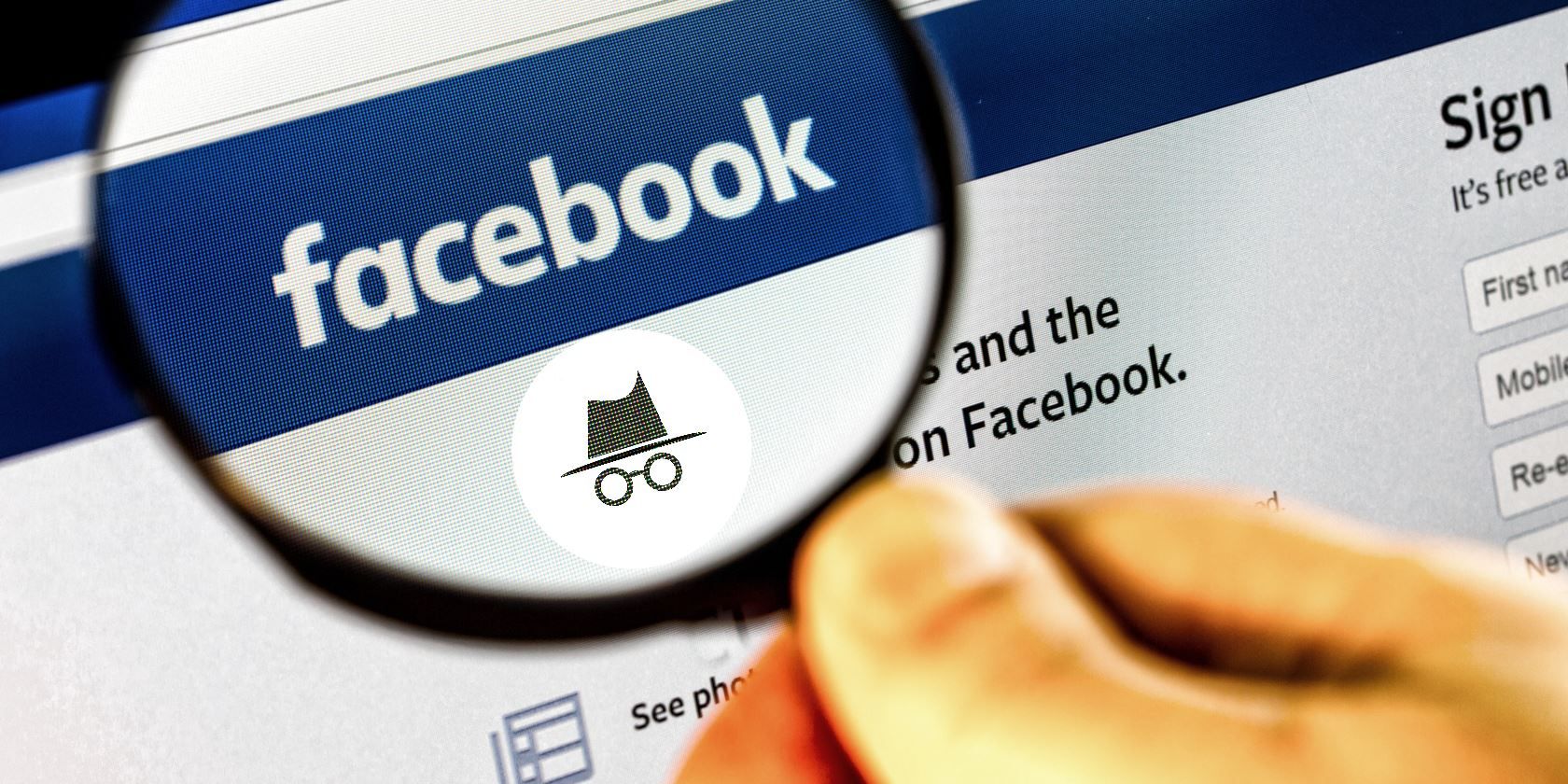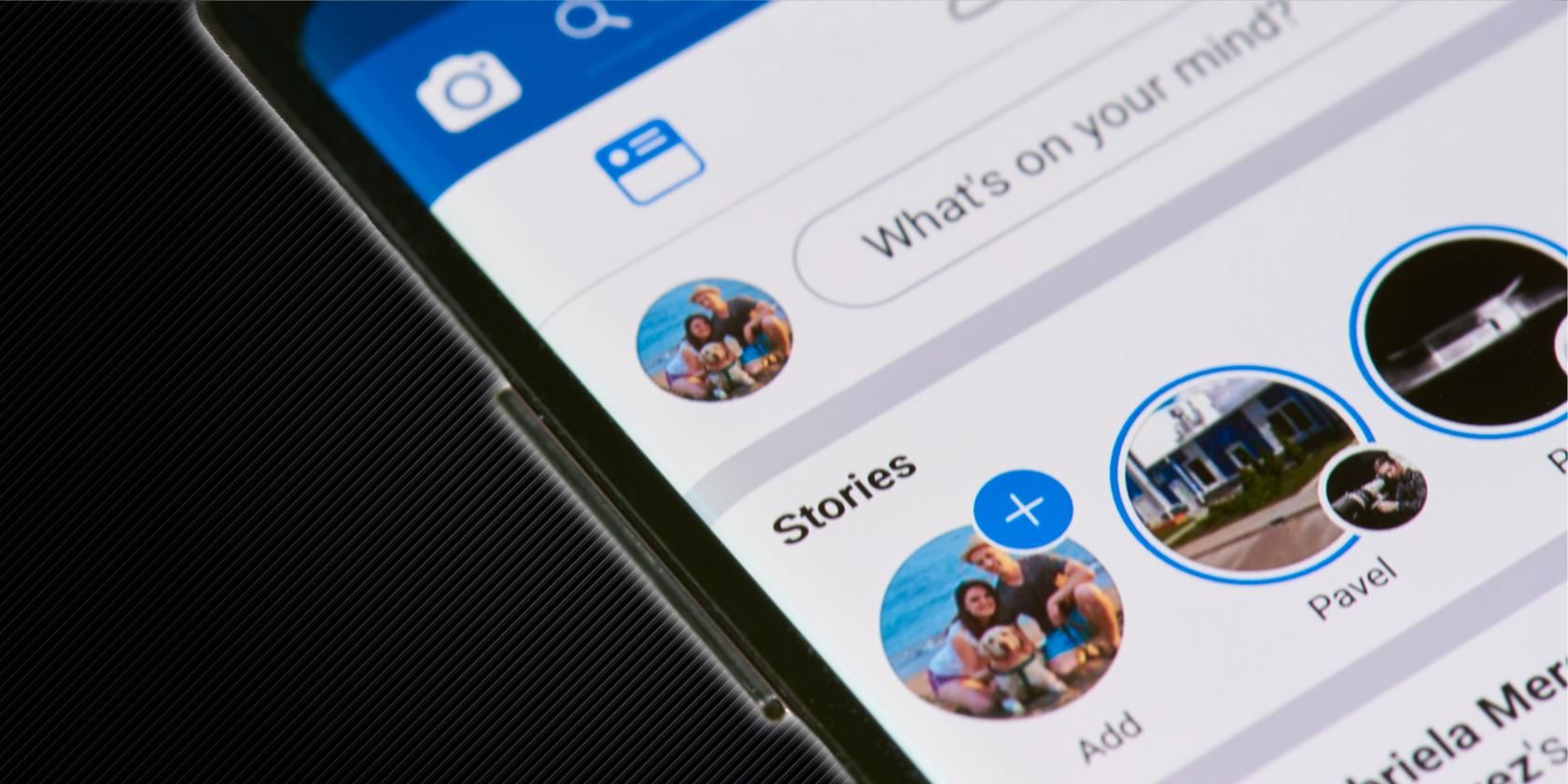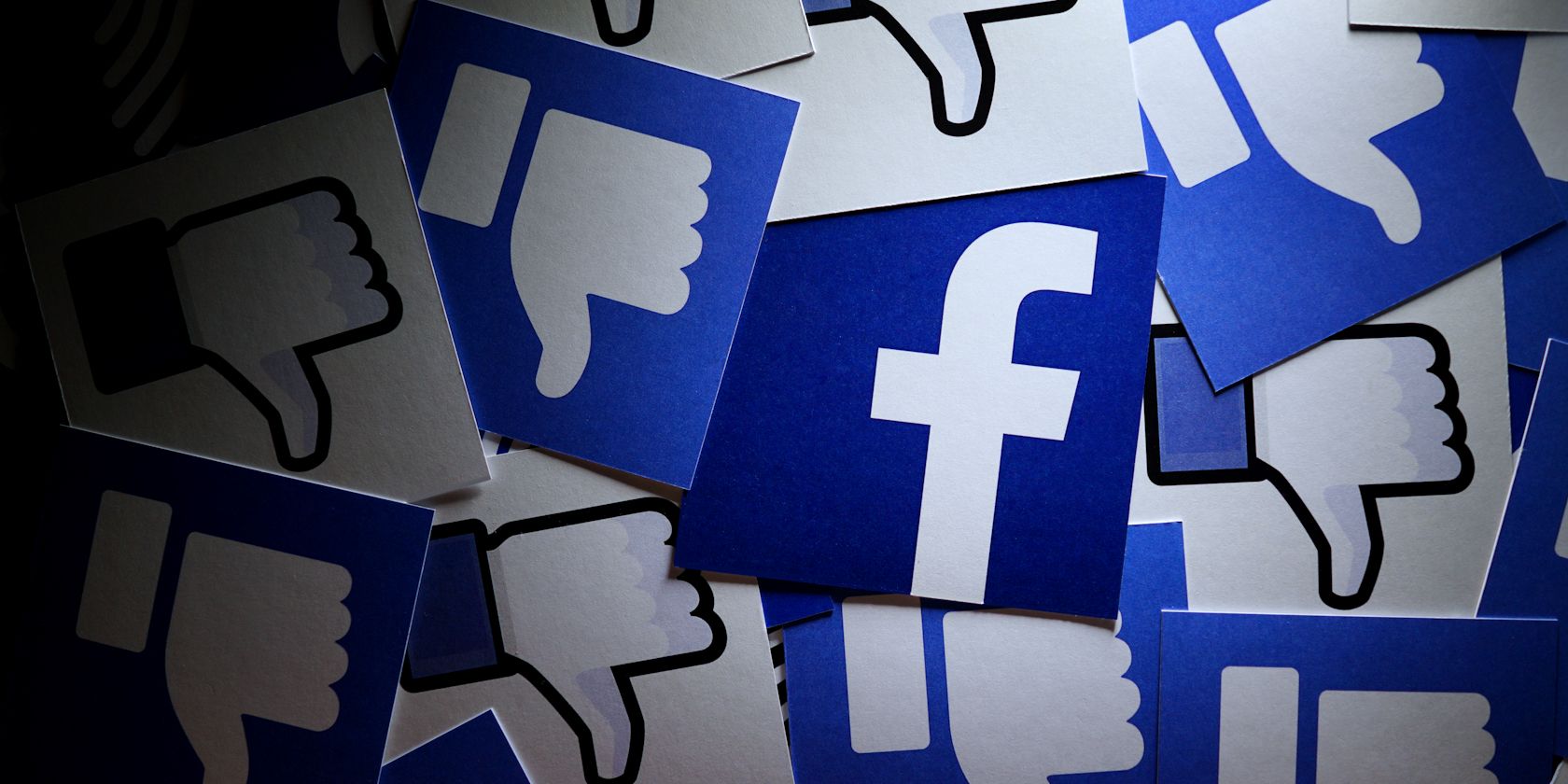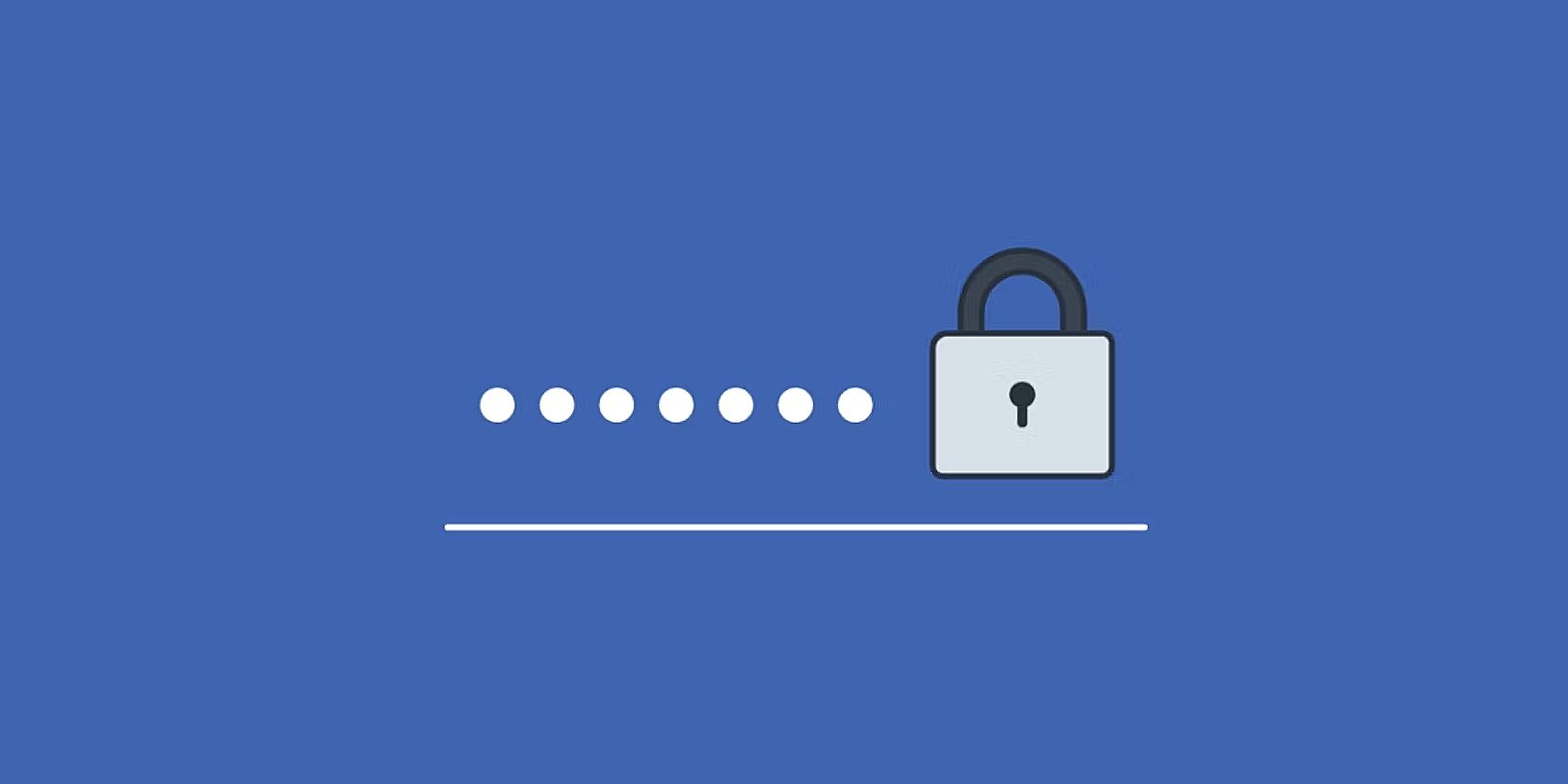In the early days of Facebook, users posted all manner of personal and private data. In hindsight, we were all green behind the ears, but it didn't feel like a privacy issue waiting to happen.
Until it became a massive data privacy issue. Now, the best privacy practice is to keep your Facebook profile private to protect your identity, your data, and even that of your friends.
But people have figured out how to tell if someone's Facebook is private, how to access locked Facebook profiles, as well as how to view a private Facebook profile.
So, let's explore how to view private Facebook profiles to help you stay safe.
What Is a Private Facebook Profile?
A private Facebook profile is an account you cannot view without being friends. When you view a private Facebook profile, you don't see any user information and, in many cases, don't see a profile photo either. The user has switched off any public-facing profile settings, making the profile not quite anonymous but certainly more private.
In the early days, several Facebook tricks existed that allowed at least a partial view of a private Facebook account. For instance, adding someone as a friend granted access to that person's Facebook page, regardless of privacy settings.
Another workaround involved modifying the Facebook profile URL to access profile images and other uploads. At the time, third-party tools that could circumvent some of Facebook's privacy settings were also available.
Thankfully, Facebook has closed the overwhelming majority of these backdoors and workarounds. The intense scrutiny Facebook faces regarding the privacy of its users means accessing a private Facebook profile is extremely difficult.
In that, the largest vulnerability to Facebook privacy is the human connection: social engineering, weak passwords, and poor personal security.
How Users See Someone's Locked Profile on Facebook
Even if you set your Facebook profile to private, it doesn't stop people from attempting to view it. Worse, setting your Facebook profile to private doesn't close the loopholes people can use to skirt the privacy settings. They are, after all, loopholes. The clue is in the name.
There are a few methods people will use to get into a locked Facebook profile. Here's what you need to watch out for because even if you know the techniques below, someone else may try to use them against you.
1. Fake Facebook Friends
The most straightforward method is via a fake friend. These are users who figure out how to see Facebook posts from non-friends.
Someone desperately wanting access to your private Facebook profile might create an entirely fake profile to befriend you and gain access to your Facebook profile.
A fake friend profile will use commonly known details to trick you into accepting a request. For instance, the (stolen) profile might feature a person of a similar age, have similar interests and Likes, or say they come from the same hometown, school, or business; anything to create a false bond.
If someone specifically targets your account, they can use the information found on other accounts linked to yours to create the illusion of a colleague in a different department or a long-lost primary school friend.
The difficulty of spotting a fake Facebook friend depends on how you use your account. If you are already a very private individual with a small number of Facebook friends, it is easier to spot a fake request.
You can take control of your Facebook friend settings, including hiding your Friends list and restricting who can send you a friend request.
2. Spyware Apps
Once Facebook finally made it genuinely difficult to view a private Facebook profile, those desperate to view private Facebook profiles turned to more extreme options.
Installing spyware is one of those more extreme methods of viewing a private Facebook profile. Spyware, and more recently, stalkerware installed on a victim's device, can provide direct access to a private Facebook account.
Spyware apps are not difficult to use. However, you can take some assurance in the fact that it won't work unless someone has access to your computer or smartphone or tricks you into downloading the spyware using a malicious email or link.
If someone uses a spyware app to view or mirror a Facebook account to a different device, it is difficult to detect, especially if the person spying isn't modifying or changing the device's behavior. Thankfully, you do have options!
Check out our complete malware removal guide or the steps you should take when you discover malware. They will help you discover if your device is hiding any spyware or malware and explain how to remove it.
3. Password Theft
The third method for accessing a private Facebook profile is straight-up password theft. Facebook password creation rules are decent enough. You need a minimum of eight characters, including upper and lowercase letters, numbers, and symbols.
Even with that combination, users will contrive to create the easiest password possible to remember. If you have an easy password, it is also easy for someone to guess it. You might not even know that your Facebook account has been hacked to begin with.
The other issue is password reuse. If you reuse a password across several sites and one of those suffers a data breach, you suddenly have several vulnerable accounts. You might not even realize your password is out in the wild, such is the volume of data breaches internet users contend with.
There is no tool to check your password on every site for extremely obvious reasons. But you can head to Troy Hunt's Have I Been Pwned? to find out if your email address and password have been exposed in a previous data breach.
Otherwise, start using stronger passwords, possibly using one of these online password generators to get you started. Another thing you can do is take proactive steps before a breach happens. There are several ways you can secure your Facebook account, making it easier to get it back if it's breached.
4. Phishing and Social Engineering
Another last resort someone might use to access your private Facebook account is to socially engineer one of your friends into giving up their account. Sure, it sounds far-fetched, and like it would be a tremendous amount of effort just to view a private Facebook account. But if you're a high-worth individual or someone really wants to see what your cat looks like, they might go all the way and attempt to scam one of your friends to see your locked account.
If you have friends that constantly seem to have their Facebook accounts breached, you might consider adding them to a Facebook restriction list or even blocking them entirely.
What Is a Facebook Locked Profile Viewer?
A Facebook locked profile viewer is as it sounds: a tool that promises to unlock any Facebook account and reveal its contents to you. While the idea of using a free online tool to unlock a private Facebook account sounds tempting, these websites are typically filled with all kinds of scams and other nasties, and you could end up doing real harm to your computer. The threat of malware is an issue, and you could lose more than your Facebook data in an attempt to see someone's locked Facebook profile.
Furthermore, there are also Android APKs that promise to reveal a private Facebook account. An Android APK is an Android app installation file, but you'll likely have to turn off your device security settings to install it. Now, there are places you can download safe APK files from, but a random website promising to reveal private Facebook data isn't one of them. Apps promising to unlock a Facebook account, private or not, are highly likely to be malware and will steal your data instead of granting you access to a private Facebook account.
Facebook Is a Security and Privacy Nightmare
A private Facebook profile should protect your data. But you shouldn't entirely rely on Facebook. The social media giant is as much of a privacy issue as people attempting to view your private profile.
Facebook already holds the data as you enter it, upload photos, and Share and Like pages. Facebook's tracking is prolific, and Facebook has been involved in numerous privacy scandals—which isn't a good combination.
In general, Facebook is a security and privacy nightmare. So, yes, protect your Facebook account against people preying on your data. But consider protecting yourself against the platform itself too.




